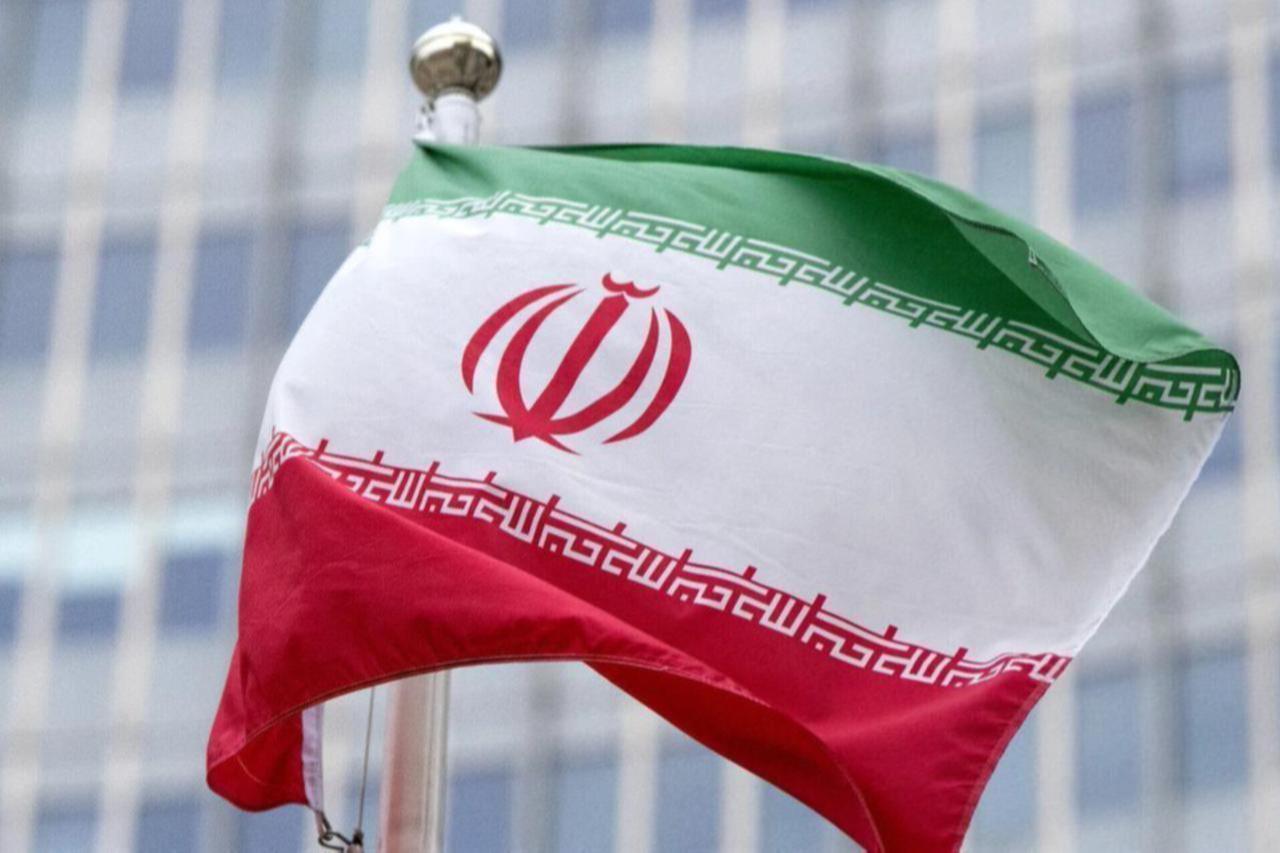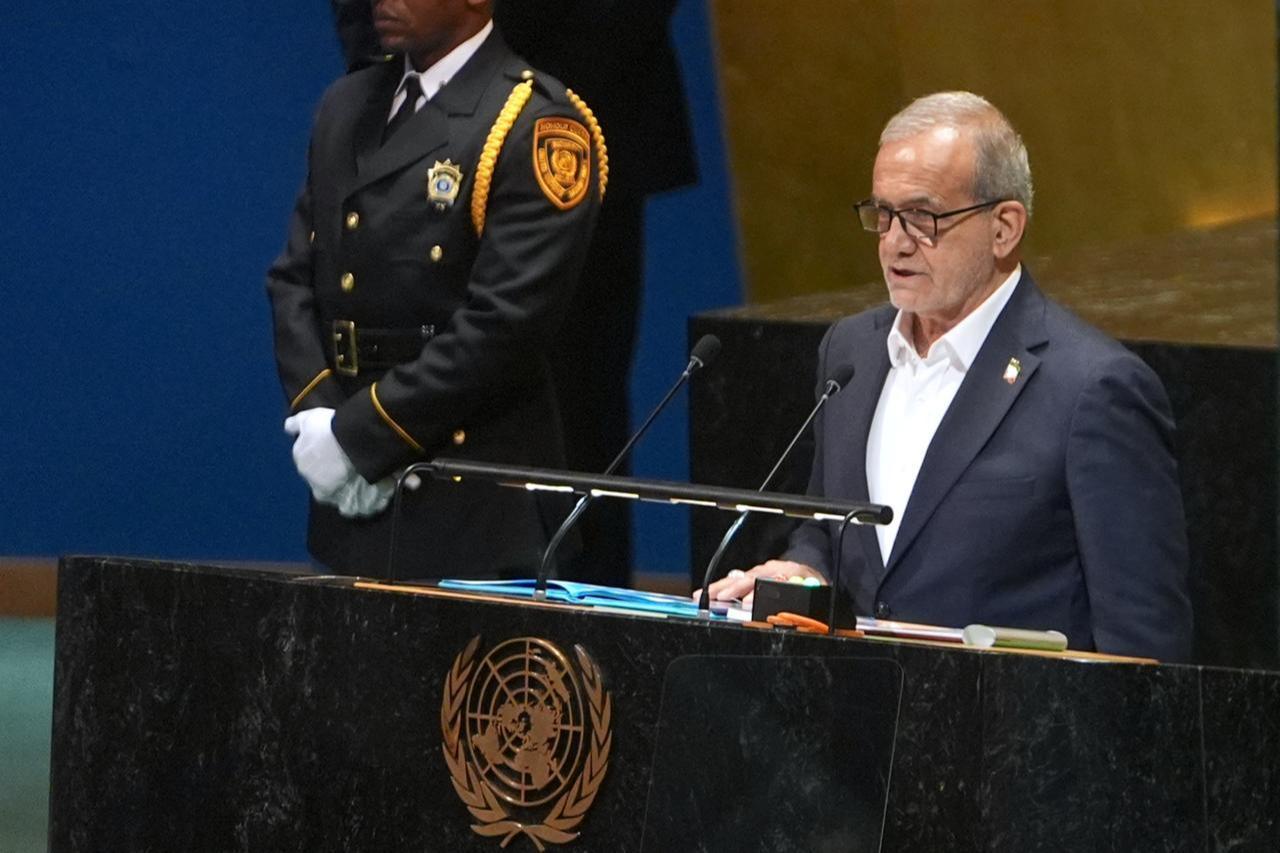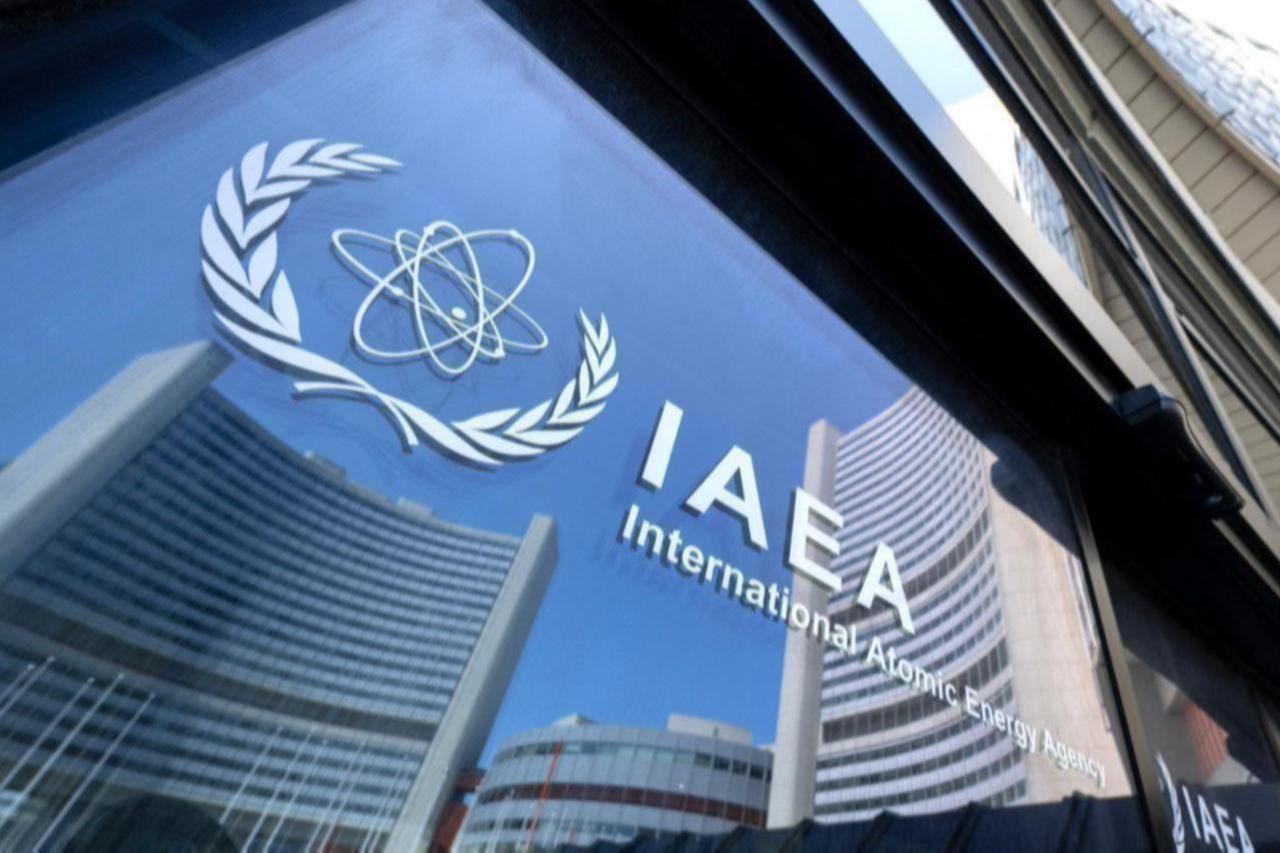
The United Nations reimposed comprehensive sanctions on Iran at midnight Saturday for the first time in nearly a decade, after diplomatic efforts to revive the country's 2015 nuclear agreement collapsed amid accusations of insufficient compliance.
The restoration of international restrictions followed failed last-minute negotiations between Iranian officials and Western powers in New York, where President Masoud Pezeshkian rejected what he characterized as inadequate American proposals for temporary sanctions relief.
Pezeshkian told reporters that Washington had demanded Iran surrender its entire stockpile of enriched uranium in exchange for merely a three-month reprieve from sanctions. "This is by no means acceptable," the Iranian president said before departing New York. He described France's alternative proposal of a one-month delay as equally unviable, asking: "Why would we put ourselves in such a trap and have a noose around our neck each month?"
The sanctions took effect after Russia and China's attempt to secure a postponement until April failed to garner sufficient support in the UN Security Council on Friday. European powers had triggered the "snapback" mechanism last month, citing Iran's failure to meet obligations under the 2015 Joint Comprehensive Plan of Action, which had frozen UN sanctions in return for nuclear program restrictions.

Despite Iran's decision to readmit international inspectors to some nuclear facilities during the week of high-level diplomacy, Western governments determined progress remained inadequate to justify further delays.
The diplomatic breakdown occurred despite involvement from Steve Witkoff, U.S. President Donald Trump's special envoy, who indicated Washington's openness to continued dialogue. However, Pezeshkian dismissed these overtures, accusing the American representative of abandoning previous negotiating positions.
Earlier discussions between Iran and the United States, mediated by Oman, had taken place throughout the year before collapsing in June following military strikes on Iranian nuclear facilities by both Israel and the United States.

The reimposed measures reinstate a global prohibition on business dealings with companies, individuals, and organizations connected to Iran's nuclear and ballistic missile programs. The economic impact appeared immediate, with Iran's rial plummeting to a record low of approximately 1.12 million to the dollar on Saturday's black market, according to currency tracking websites.
At Tehran's Grand Bazaar, jewelry stores reported increased activity as residents rushed to purchase gold amid mounting economic uncertainty. "The current situation was already very difficult, but it's going to get worse," said Dariush, a 50-year-old engineer who requested anonymity. "The impact of the renewed sanctions is already evident: the exchange rate is increasing, and this is leading to higher prices."
Iran responded by recalling its ambassadors from Britain, France, and Germany—the three nations that initiated the sanctions restoration—for consultations, state television reported Saturday.
The sanctions' global enforcement remains uncertain. Russian deputy ambassador Dmitry Polyansky declared his country considered the renewed restrictions "null and void," while China has historically defied American pressure regarding Iranian oil purchases.
Pezeshkian maintained Iran harbored no intentions of developing nuclear weapons, characterizing the nuclear issue as a pretext for regime change efforts by Israel and the United States. Israeli Prime Minister Benjamin Netanyahu, addressing the UN General Assembly Friday, urged immediate sanctions implementation and suggested potential military action following June's bombing campaign that Iranian officials claim killed over 1,000 people.
The Brussels-based International Crisis Group noted Iran's apparent dismissiveness toward the UN sanctions, given its adaptation to existing American restrictions. However, the organization warned that reversing the snapback measures would require Security Council consensus, making them particularly difficult to overturn.
"It is also likely to compound the malaise around an economy already struggling with high inflation, currency woes and deepening infrastructure problems," the think tank stated.
The sanctions restoration marks a significant escalation in international pressure on Iran's nuclear program, ending nearly a decade of suspended UN restrictions and potentially reshaping Middle Eastern geopolitics amid ongoing regional tensions.